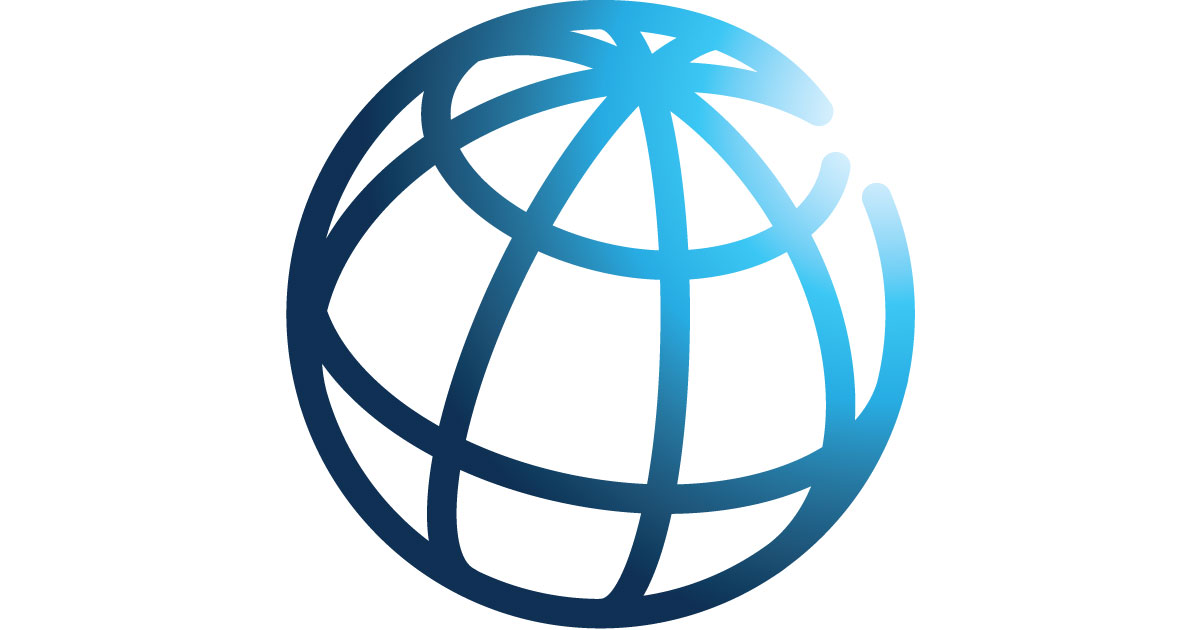Diason David
JF-Expert Member
- Aug 2, 2018
- 7,562
- 7,348
Babo hujaelewa ndugu hii serikali in viongozi wabinafsi wanaojali maslahi yao kwa kutuchukulia Kama vile hatujitambui ndio maana Kuna ubabe ubabe kwenye Mambo ya kawaida tuMwachumi huwa wanaangalia mambo mengi katika kukua na viashiria vinavyoonyesha ukuaji wa uchumi, tatizo letu tumebakia katika blabla za kisiasa na matumbo yetu bila kupambana kuiondoa nchi katika aibu ya umasikini.
Vitu vinavyoweza kutuondoa katika dimbwi la umaskini ni kuboresha mambo yafuatayo
1. Nchi inatakiwa iwekeze Vya kutosha kwenye kuliko chenye tija, wakulima wawezeshwe kupata mkopo nafuu kwa ajili ya mazao ili nchi iwe na chakula cha kutosha na Ziada ya kutumia viwandani na kusafirisha kinachobakia nje.
2. Serikali lazimi iiboreshe elimu yetu kwa kurekebisha mitaala yetu ambayo inaandaa vijanavwetu kuajiriwa badala yakujiajiri.
3. Serikali lazima iboreshe viwanda vilivyopo na mazingira ya uwekezaji kwa kuondoa vikwazo mbalimbali kwa watumishi wasiofaa.
4. Miundo mbinu ya vijijini lazima iboreshwe ili kuweza kutoa Huduma kwa wakulima wa vijijini pia kuhakikisha wakulima wanafikisha mazao yako sokoni kwa wakati.
5. Serikali ipanue masoko kwa ajili ya wakulima na watu wenye viwanda, solo la ndani ni vizuri likilindwa na ni vyema kutafuta masoko murua Kutoka EAC,SADEC na Agoa.
6. Waajiriwa wa serikali wapunguziwe umri wa kustaafu iwe miaka 50, ili vijana wengi waweze kushiri katika kukwamua uchumi wetu lakini ili kuwasaidi hao ambao wamestaafu kutumia pension zao kama mitaji ili kujenga kizazi cha uchumi wa kati.
7. Serikali yetu inatakiwa ihamasishe ujasiria Mali kwa kuruhusu vijana wengi kujiingiza kwenye biashara mbalimbali zenye tija, serikali inatakiwa itoe mikopo kwa mawazo bora ya kibiashara na wakati meingine misaada ya kiuongizi kwenye biashara.
8. Serikali pia inatakiwa itoe hamasa juu ya maendeleo ya ugunuzi na maendeleo ya technologia ya Habari haya yataufanya tuuze teknolojia kama bidhaa.
9. Serikali inatakiwa ipunguze kodi kwenye biashara mbali mbali na kusaidia katika shughuli zinazousisimua uChumi wetu.Nc
10. Nchi ihakikishe inauza zaidi nje kuliko kingiza bidhaa nyingi Kutoka nje.
11. Nchi lazima igawanywe katika zone mbalimbali mfano
1. Mikoa ya Iringa, Mbeya, Ruvuma, na Rukwa iiwekwe kama zone ya kuliko wakulima wawezeshwe na wapewe pembejeo zakutosha pia viwanda vinavyohusiana na mambo ya kulimoo na kuchakata bidhaa za kilimo vijengwe hapo.
2. Mtwara na Lindi viwanda na bidhaa zote zinazojishughulisha na bidhaa za ges na mafuta vijengwe hapo,
3.Dar es salaam na Pwani na Tanga mini ya bandari hii wazo la ujenzi wa bandari kuu ya bagamoyo bado ni muhimu na hapa panatakiwa pajengwe viwanda vikubwa Vya magari, treni nk.
4. Kilimanjaro na Arusha hii inatakiwa iwe miji ya kitalii na Mimi yamfumo wa kitechologia mfano kutengeneza sim computer nk
5. Mwanza, Geita, Simiyu, na Shinyanga zone hii inatakiwa pajengwe viwanda vikubwa Vya nguo na viatu ambavyo vitasafirishwa kwenda nje.
6. Dodoma, singida na manyara viwanda vingi Vya nyama na mafutabya kula ila pia na viwanda Vya kuchakata madini







